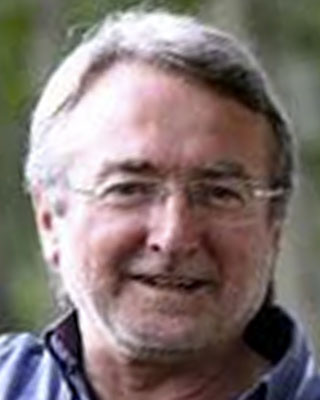
Training and Social Awareness for Increasing Organ Donation in the European Union and Neighbouring Countries: EUDONORGAN
Melania G. Istrate1,2, Gloria Paez2, Ricard Valero1,2, Alberto Sandiumenge3, Patricia Peralta1, Aneta Toncheva1, Martí Manyalich1,2, EUDONORGAN Consortium4.
1University of Barcelona, Barcelona, Spain; 2Donation and Transplantation Institute , Barcelona, Spain; 3University Hospital Vall de Hebron , Barcelona, Spain; 4EUDONORGAN Consortium, Barcelona, Spain
Introduction: LEUDONORGAN is a service contract awarded by the European Commission on the initiative of the European Parliament that aims to provide training and increase social awareness in the European Union (EU) and neighbouring countries to enhance the positive attitude towards organ and tissue donation, and ultimately help improving donation rates.
Methods: Four European countries (Spain as leader, Croatia, Italy and Slovenia) agreed to join the project and took responsibilities in two core work packages (WPs), WP1: Training and WP2: Social Awareness and two horizontal WPs, WP3: Dissemination and WP4: Evaluation.
In WP1, specific selection criteria for training beneficiaries (healthcare professionals and other key players) were provided to the Competent Authorities of Member States (MS) and European patient associations with the request to propose potential candidates.
In parallel, the training methodology along with module contents and educational resources were designed and developed. The training program amounted to 100 study hours and it employed a blended learning methodology (webinars, e-learning and face to face). The e-learning included two different routes: one for healthcare professionals and another for other key players, and was provided in self-study format. The face to face session was mainly practical and promoted interactivity in the learning environment created, networking and best practice exchange.
A survey on attitude towards organ and tissue donation was carried out among participants before and after training.
As part of WP2, organ donation data was collected from MS and neighbouring countries to facilitate the organization of six tailored awareness events in the European Union in 2018-2019.
Results: In WP1 we received 173 applications out of which 101 participants from 28 different countries were selected as following: 79 were healthcare professionals (51 MDs, 27 RNs and 1 medical student) and 22 other key players (8 transplant patients and patients’ representatives, 2 journalists, 8 communication experts, 1 manager and 3 others).
The e-learning was evaluated with 4,45 (on a scale from 1-poor to 5-excellent) and we could see 25,22% of knowledge improvement among healthcare professionals and 29,47% among other key players upon completion. The face to face session was evaluated with 4,44 (on a scale from 1-poor to 5-excellent). A total of 96 participants attended all sessions successfully and were certified. Survey results on attitude towards organ and tissue donation are currently being analysed.
In WP2, 6 Member States expressed interest to organize awareness raising events. European organ donation data has been analysed and 6 tailored agendas were proposed. By 2019, a minimum of 350 to 400 participants from the EU and neighbouring countries will benefit from this project.
Conclusions: EUDONORGAN is a unique and challenging initiative that aims at tackling organ and tissue donation at different involvement levels.
